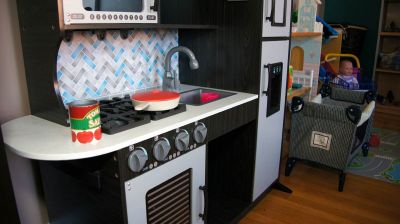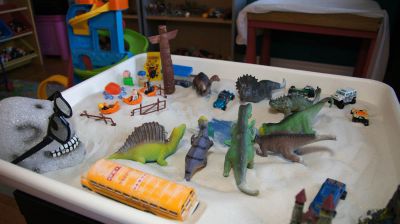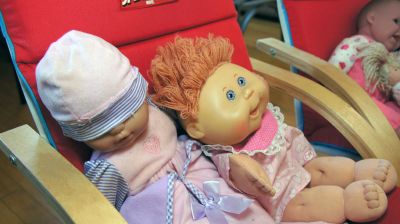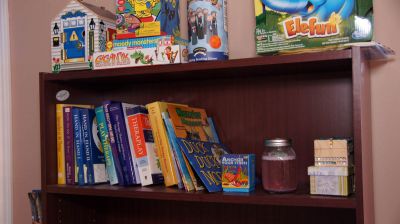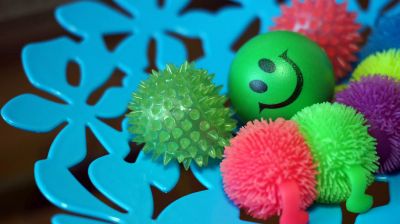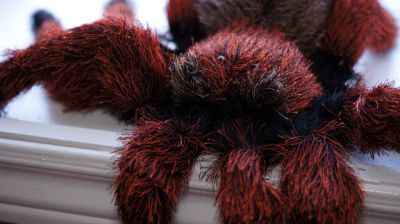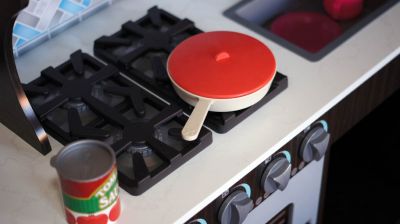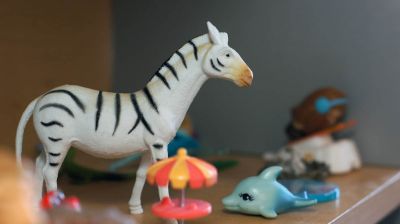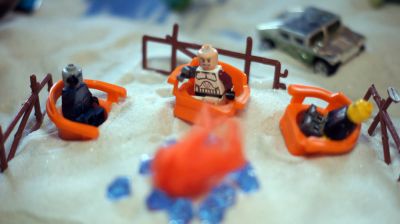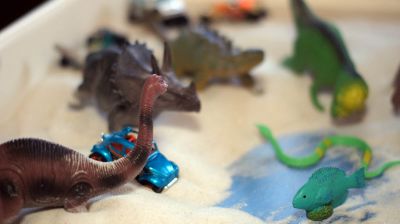What is Play Therapy?
Play is the first language of children, art is the second language, and verbal communication is the third. Play Therapy is a form of counseling or psychotherapy that uses play to help children process and understand life changes and their impact.
"Children can express themselves more fully and spontaneously through play than they do verbally. For children to "play out" their experiences and feelings is the most natural dynamic and self-healing process in which they can engage." - Gary Landreth, award winning author and scholar in Play Therapy
In Play Therapy, the therapist interacts with the child at their level using play. Play therapy is also used with adults as a 'non-talk' modality to help them unearth or make sense on an unconscious level when talk therapy fails. This helps to shift the processes that may not be experiencing resolution.
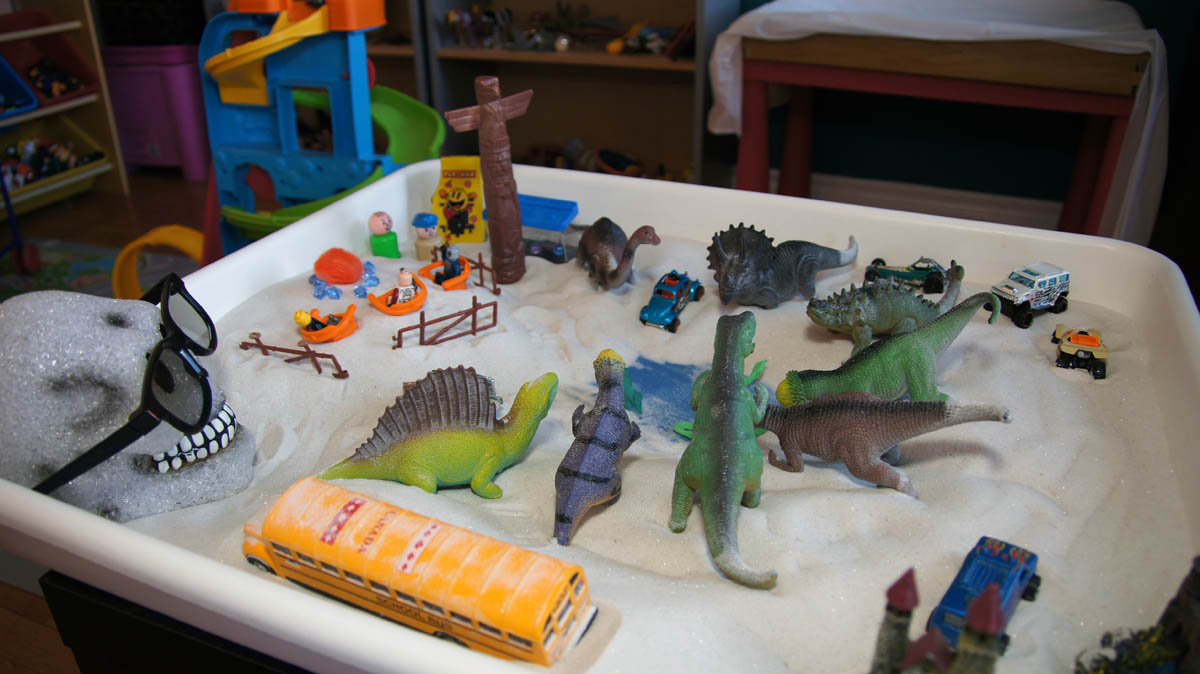
Who Needs Play Therapy?
Children who are dealing with:
- Trauma
- Grief and loss due to death or divorce
- Separation or general anxiety
- Bullying
- Coping with life changes (i.e new baby, new parent, adoption, foster care, etc.)
- Social isolation
- Learning difficulties in school
- Preparation for surgeries
- Health concerns
- Illness
Benefits of Play Therapy
- Self regulation
- Alleviating inappropriate coping skills
- Decrease in mal-adaptive school behaviour
- Decrease in aggressive/acting out behaviours
- Correction of poor reading performance
- Improved self concept
- Improved emotional adjustment of abused and neglected children
- Improved emotional adjustment of sexually abused children
- Improved emotional adjustment of children who witness domestic violence
- Overall social and emotional adjustment
- Improved emotional adjustment of children to divorce parents
- Reducing symptoms in depression in children
- Reduction of separation anxiety
Types of Play Therapy
Sand Therapy
Sand Tray is a non-threatening approach in psychotherapy for children and adults where they can express themselves using sand and miniatures to build a world in a tray of sand. The role of therapist in this technique is to provide ‘a safe, protected space’ where the inner drama and healing potential of the psyche can take place. The therapist is present as a witness to the process of play, to be unconditional, accepting, supportive and to minimize verbalizations. (Schaefer, 1993, p.119)
Art Therapy
It is the art-making process which has therapeutic benefits in and of itself. Children and adults get to experience healing and regulation while creating art using different mediums.
Direct Play
This is where the therapist has structured activities for the child to play with to reach a desired outcome. Such structured activities could be board games with therapy cards, work sheets, making volcanos etc. This is therapist directed.
Indirect Play
This is where children engage with toys in the play room and explore independently of the therapist. The therapist reflects language and enters play as invited by the child as he or she leads the play. It is in the indirect play that the child regulates self. This is child directed.
Theraplay (attachment focused)
This type of therapy is grounded in attachment theory and works on rewiring the neuropath ways in the brain through the power of oxytocin. This hormone promotes a feeling of connection, bonding.
Cognitive Behaviour therapy (CBT)
CBT is an effective type of therapy for numerous conditions such as depression and anxiety. CBT helps individuals by looking at negative thoughts and behaviour patterns, and changing those into more helpful coping thoughts and behaviours.
Puppetry
Children externalize trauma using puppets to tell their story.

